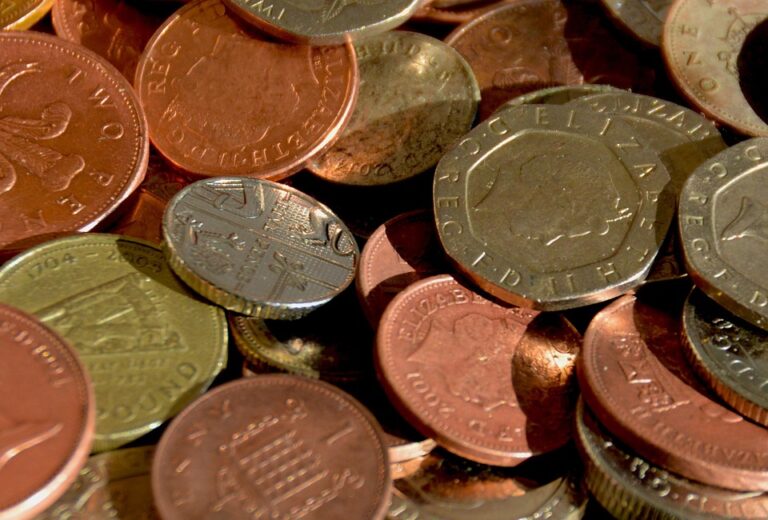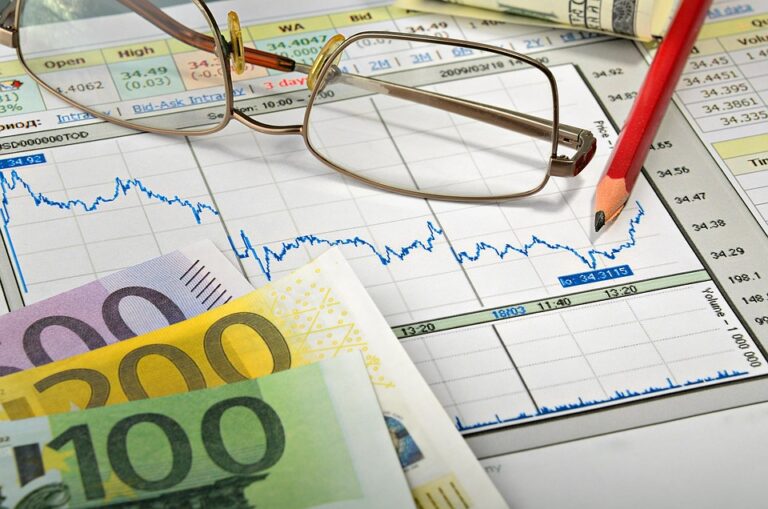Last updated Apr. 22, 2025 by Charles Zemub
The concept of money is a fundamental fixture in our society—intertwined with our daily lives, economies, and the nature of our existence in modern civilization. However, pondering whether money possesses intrinsic value poses an intriguing philosophical, economic, and societal question. In exploring this topic, we delve into the history of money, examine its current forms, assess its function and value in society, and consider varying perspectives on intrinsic value itself.
The Evolution of Money
-
Barter System: Before money existed, people exchanged goods and services directly through barter. If a farmer could offer wheat in exchange for a cobbler’s shoes, both parties benefited as long as there was a coincidence of wants. Barter posed significant limitations, particularly in terms of divisibility and agreed values, paving the way for more standardized forms of money.
-
Commodity Money: Commodity money refers to objects that have intrinsic value derived from the materials they are made from, such as gold, silver, and other precious metals. These materials have inherent worth due to their rarity, beauty, and useful properties (e.g., gold’s resistance to tarnish), and served as a medium of exchange, store of value, standard of deferred payment, and unit of account.
-
Representative Money: Over time, carrying around physical commodities became cumbersome, leading to the development of representative money. This included promissory notes or certificates represented by deposits of precious metals and could be redeemed on demand.
-
Fiat Money: Today, most economies operate using fiat money, which carries value not due to its physical composition or a promise of conversion to commodities, but because of government decree. It’s legal tender, imbued with trust and faith from both individuals and institutions.
- Digital and Cryptocurrencies: More recent years have seen the emergence of digital currencies and cryptocurrencies like Bitcoin, which rely on cryptographic technology and decentralized networks to maintain value and facilitate transactions without central authority oversight.
What is Intrinsic Value?
The notion of intrinsic value is philosophical and multifaceted. In broad terms, intrinsic value means value that is inherent and independent of external factors. Applied to money, intrinsic value would imply that the currency or medium of exchange has worth on its own, disconnected from external beliefs, guarantees, or utility.
- Philosophical Perspective: Do items possess value inherently, or is value assigned by individuals? Philosophers often debate the nature of value, whether intrinsic or inherently relational.
- Economic Context: Intrinsic value in economics typically refers to the underlying value of an asset, often scrutinized in terms of resource and opportunity costs.
Given these definitions, does modern money hold intrinsic value?
Does Modern Money Have Intrinsic Value?
Fiat Money
Fiat money, the primary form of currency in today’s global economies, is arguably devoid of intrinsic value. The paper and digital entries that constitute most of the world’s money supply have utilitarian worth only through societal consensus and government enforcement. Their utility lies not within themselves, but in their accepted role as a vehicle for transactions and value storage.
Commodity Money
When discussing the intrinsic value of money, commodities such as gold and silver often come into play. These precious metals are useful beyond their monetary roles; they are used in jewelry, electronics, and numerous industrial applications, providing them with intrinsic value distinct from their former roles as money.
Digital Money and Cryptocurrencies
Digital currencies, similar to fiat money, typically lack intrinsic value. However, the technology underpinning cryptocurrencies, such as blockchain, has utility and scarcity embedded within it, which can be argued as forms of intrinsic value emerging from function and trust in the system.
The Functional Value of Money
Despite debates over intrinsic value, the critical measure of money is its functional utility or how it serves societies effectively. Here are vital functions of money:
-
Medium of Exchange: Money is almost universally recognized as a medium that eases transactions by overcoming the constraints of barter trade.
-
Unit of Account: It provides a standardized metric for determining the relative worth of goods and services, aiding in better economic decision-making.
-
Store of Value: Money can be saved and retrieved later, maintaining its value over time, though inflations and economic factors can affect this aspect.
- Standard of Deferred Payment: It is widely accepted for settling debts, critical in enabling credit-based activities.
The above functions underscore the convention-driven value of money in driving efficiency and growth in economies rather than any intrinsic worth.
Perspectives on Money’s Value
Economists’ View
Economists often assert money’s value comes from its acceptance and utility rather than intrinsic characteristics. The focus typically lies in how well a monetary system sustains and facilitates economic functions without necessarily grounding in physical properties.
Austrian Economics
The Austrian school provides a perspective that highlights money’s emergence from direct tradable commodities, hence recognizing some intrinsic value in forms like precious metals, yet views current fiat systems as pure social constructs reflecting subjective value agreements.
Behavioral Aspects
Psychologists and sociologists studying how individuals interact with money note its symbolic power, emphasizing emotional and social values attached that extend well beyond intrinsic debates.
Cryptoeconomics
Within cryptoeconomics, the utility derived from decentralized networks may confer non-intrinsic intrinsic-like value to crypto-assets, standing on keys of scarcity, computational effort (Proof of Work), and governance that uphold systems like Bitcoin.
✓ Short Answer
Money does not have intrinsic value in its contemporary forms, such as fiat or digital currencies, because their worth is not derived from the physical material they are made of. Instead, their value stems from collective trust and governmental decrees granting them accepted roles in economic transactions. While historical forms like commodity money had intrinsic value due to their material worth, most modern-day money is primarily a social construct aiding in trade, accounting, and value storage across the economy.
FAQs
Why doesn’t fiat money have intrinsic value?
Fiat money lacks intrinsic value because its worth is not derived from the material it’s made from, like paper or metal coins. Instead, fiat money’s value is based on trust and the authority of governments to enforce its acceptance in fulfilling debts and transactions.
How does trust affect the value of money?
Trust affects money’s value by ensuring people accept its use in trade and debt settlement. Without collective belief in a currency’s reliability, stability, and acceptance, the money cannot function effectively within an economy.
What are alternative views on the value of digital currencies?
Digital currencies, such as Bitcoin, are sometimes seen as having intrinsic-like value due to factors like their decentralized nature, scarcity, and the underlying blockchain technology. However, much like fiat, their value is heavily influenced by communal acceptance and utility.
Can money retain value during economic instability?
Money’s ability to retain value during economic instability often depends on the stability of the issuing government and economy. Fiat currencies can lose purchasing power rapidly in cases of hyperinflation, while more stable economies can maintain currency value through effective monetary policy and interventions.


